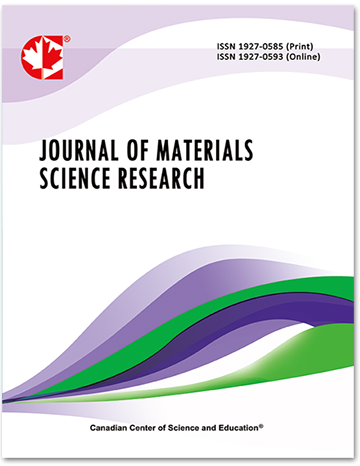A Study of the Functionality of Hydrated Lime as an Admixture
- Declan O‘Looney
- Sara Pavía
Abstract
It is known that hydrated lime improves the workability and water retention of Portland cement (PC) mortars. PC-lime mixes can be reworked without increasing entrained air thus not undermining durability. In addition, lime lowers strength and stiffness making PC mortars more deformable. However, the use of hydrated lime in PC composites has largely decreased due to the use of plasticisers. These enhance workability and lower cement content reducing heat of hydration. As they are water reducers, they are expected to decrease permeability, minimise shrinkage, enhance ultimate strength and accelerate early-strength gain; leading to stronger, durable composites. Despite these advantages, plasticisers have drawbacks related to wastage and environmental protection. This paper studies the properties of PC-lime mortars and their plasticised equivalents. It concludes that lime raises mortar water demand however, this does not reduce strength but on the contrary, mortars of low lime content (lime amounting 1/4th the cement), have superior flexural and compressive strengths than their plasticised equivalents. The use of lime delivered PC mortars with excellent workability and surface finish and lack of segregation and bleeding. It is concluded that, when lime amounts 1/4th the cement, the mortars are stronger (in tension and compression, at both early and mature age) and gain strength at a faster rate than plasticised mixes. However, when lime equals the cement content, strengths are lower than those of plasticised mixes. It was also noted that lime enhanced bond strength at all ages; and that the ultimate bond strength is greater for the low lime than for the high lime content mortars.
- Full Text:
 PDF
PDF
- DOI:10.5539/jmsr.v4n1p1
Journal Metrics
Impact Factor 2022 (by WJCI): 0.583
Google-based Impact Factor (2021): 0.52
h-index (December 2021): 22
i10-index (December 2021): 74
h5-index (December 2021): N/A
h5-median (December 2021): N/A
Index
- CAS (American Chemical Society)
- CNKI Scholar
- Elektronische Zeitschriftenbibliothek (EZB)
- EuroPub Database
- Excellence in Research for Australia (ERA)
- Google Scholar
- Infotrieve
- JournalTOCs
- LOCKSS
- NewJour
- PKP Open Archives Harvester
- Qualis/CAPES
- SHERPA/RoMEO
- Standard Periodical Directory
- Universe Digital Library
- WJCI Report
- WorldCat
Contact
- John MartinEditorial Assistant
- jmsr@ccsenet.org
